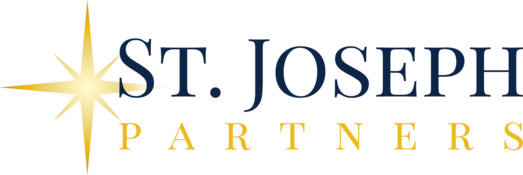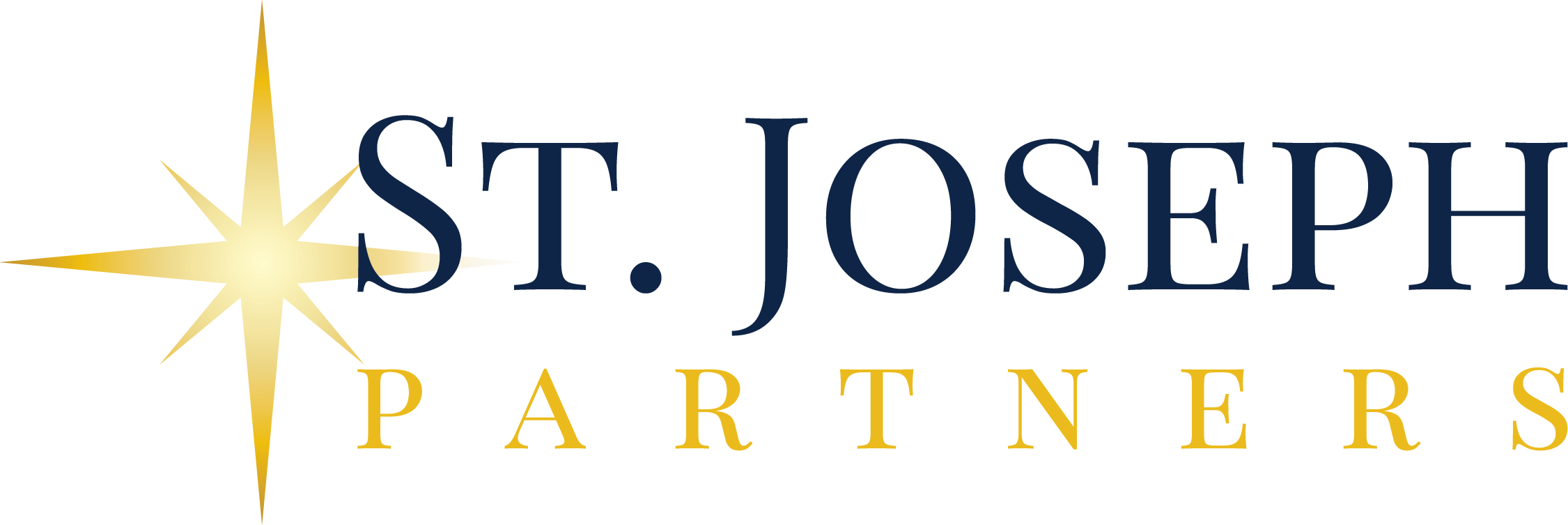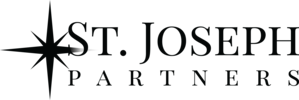40 Years Ago This Week - A Teaching Rocks The Spiritual Battlefield
|
"In prayer you shall perceive ... the way out of every situation that has no exit." |
|
____________________________________________________________________________ Forty years ago yesterday, the Queen of Peace gave her message dated July 21, 1982, to the children of Medjugorje. What she said emphasized what Christians throughout the centuries had practiced, twice weekly fasting, but somewhere along the line, laxity in spiritual practice had resulted in fasting largely being forgotten. She said:
“The best fast is on bread and water. Through fasting and prayer, one can stop wars, one can suspend the laws of nature. Charity cannot replace fasting. Those who are not able to fast can sometimes replace it with prayer, charity and a Confession; but everyone, except the sick, must fast.”
We continue to have new people each week subscribe to our fasting reminders, so it always bears repeating why we fast twice a week.
In the 18th chapter of Luke, the chapter just before Jesus encounters the tax collector Zacchaeus, He relates the parable of the puffed-up Pharisee vis a vis the humbled tax collector. The prideful Pharisee boasts several things that demonstrate his righteousness including the fact that he fasts twice a week. (v 12)
Fast forward twenty or so years after Jesus’ ascension, the non-canonical book the Didache instructs Christians to change the two days of fasting from M/Th, the Pharisees’ practice, to W/F to commemorate the betrayal of Jesus and His crucifixion.
Nowadays, when people hear that Christians should fast, often the first question is “Fast? Like how? Like no food all day?” There is no general understanding in the culture of what twice weekly fasting would mean. But now, considering Our Blessed Mother’s instruction given to the young seers in Yugoslavia, that bread and water is the best fast, it becomes clear that a non-punishing fast is how such a fast could be practiced continuously week after week.
People often ask specific questions such as “Can I eat dinner?” Or “May I have my morning coffee?” No one is here to tell you that you cannot do those things, or that the fast will be fruitless, but just remember what Mary said, “The best fast is on bread and water.”
Speaking of bread, many types of bread might be baked or bought with nuts or raisins or other additions in them. Does this render the fast null? No! Let’s think of the spirit of the fast. You are foregoing the variety and quantity of food available and saying “no” to having anything you want. This is the sacrifice. Now on the other hand, if you start slapping a slice of cheese and then a slice of ham on it, I think we can safely say that one is no longer fasting.
If Mary is correct (and how could we doubt this beautiful heavenly messenger?), your sacrifice and mine has the capacity to avert wars and natural disasters. We know from the story of Sodom and Gomorrah that if just ten righteous people had been found-just ten people! -fire, brimstone and the destruction of the twin cities would have been averted.
All it takes is a small but dedicated band. Thank you for fasting with us tomorrow – you will be rewarded for all eternity.
|





